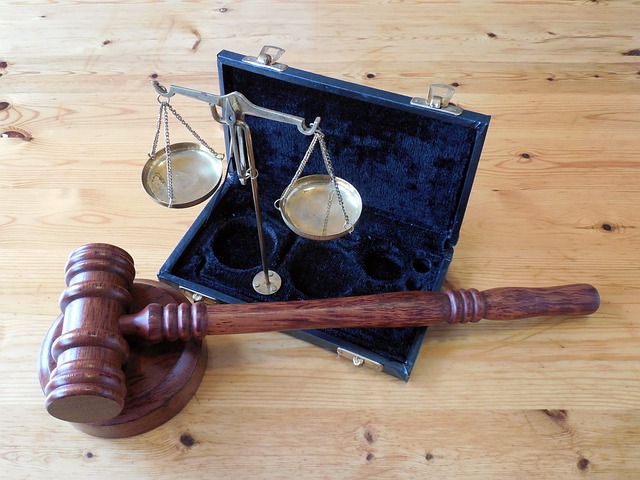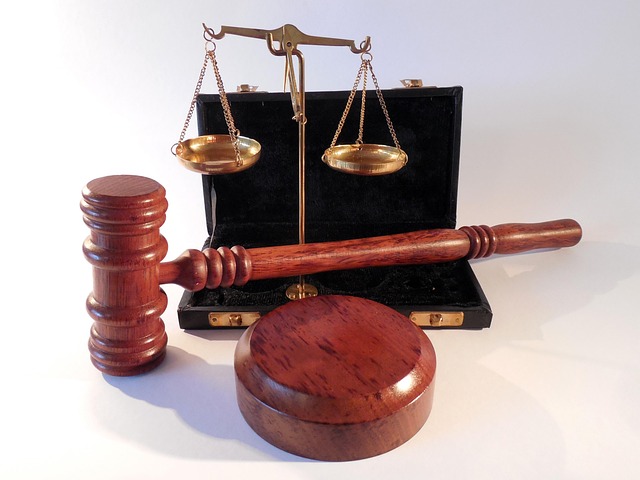Litigation Risk Management strategically navigates legal disputes for clients nationwide, focusing on proactive risk assessment, early case evaluation, and swift resolution of allegations. A key aspect is addressing Prosecutorial Misconduct and Ethical Violations to protect client interests and preserve trust in the justice system. Effective management involves monitoring proceedings, upholding ethical practices, preparing contingency plans, and fostering a culture of integrity within legal departments. Open communication and regular audits are crucial for early risk detection and reducing lawsuit likelihood.
Litigation Risk Management is a strategic approach that organizations employ to navigate legal uncertainties and protect their interests. This comprehensive guide explores the intricate world of managing litigation risks, focusing on key aspects such as understanding legal complexities, preventing prosecutorial misconduct, and ethical considerations. By delving into these sections—from the fundamentals to practical strategies—businesses can effectively mitigate potential legal pitfalls, ensuring robust risk management in any jurisdiction, especially in light of the significant impact of Prosecutorial Misconduct and Ethical Violations.
- Understanding Litigation Risk Management: A Comprehensive Overview
- Uncovering the Impact of Prosecutorial Misconduct and Ethical Violations
- Strategies to Mitigate and Respond to Litigation Risks Effectively
Understanding Litigation Risk Management: A Comprehensive Overview

Litigation Risk Management involves a strategic approach to navigate legal disputes, ensuring the best outcomes for both corporate and individual clients across the country. It encompasses more than just avoiding lawsuits; it’s about proactively managing potential risks and mitigating the impact of general criminal defense matters. This includes meticulous risk assessment, early case evaluation, and developing robust strategies to protect against or resolve allegations promptly.
A key aspect is recognizing and addressing Prosecutorial Misconduct and Ethical Violations, which can significantly sway the outcome of a case. Effective litigation management involves monitoring legal proceedings for any signs of impropriety, ensuring ethical practices at every stage, and preparing contingency plans should such issues arise. This comprehensive approach not only safeguards clients’ interests but also fosters trust in the legal system.
Uncovering the Impact of Prosecutorial Misconduct and Ethical Violations

The impact of prosecutorial misconduct and ethical violations cannot be overstated, as these actions can significantly undermine the integrity of the justice system. When prosecutors abuse their power or fail to adhere to professional standards, it not only compromises the fairness of trials but also erodes public trust in legal institutions. Such misconduct may include discriminatory practices, selective enforcement, or the intentional withholding of exculpatory evidence, all of which can lead to unfair convictions and significant harm to individuals’ lives and reputations.
Across the country, cases of prosecutorial misconduct have resulted in the complete dismissal of all charges for his clients, highlighting the severity of these issues. This not only serves as a cautionary tale for legal professionals but also underscores the importance of robust ethical frameworks and oversight mechanisms within the prosecution system. Addressing these violations is crucial to ensuring that justice is served and maintained, fostering a fair and equitable legal environment for all.
Strategies to Mitigate and Respond to Litigation Risks Effectively

To mitigate and respond to litigation risks effectively, organizations must implement robust strategies that encompass proactive measures and agile responses. One key aspect involves establishing clear guidelines and training programs to prevent prosecutorial misconduct and ethical violations. By fostering a culture of integrity within the legal department, companies can significantly reduce the likelihood of lawsuits stemming from inappropriate conduct. Regular audits and reviews of legal processes can help identify vulnerabilities and ensure compliance with regulatory standards.
Moreover, maintaining open lines of communication between legal teams and management is crucial. Early detection of potential risks allows for swift action to avoid indictment or other severe consequences. An unprecedented track record of successful litigation risk management across the country attests to the effectiveness of these strategies in safeguarding organizations from costly legal battles and preserving their reputation.
Litigation Risk Management is an indispensable practice for organizations to navigate legal challenges effectively. By understanding the comprehensive scope of potential risks, including prosecutorial misconduct and ethical violations, entities can develop robust strategies to mitigate and respond to these issues. Implementing proactive measures and fostering a culture of ethical conduct are key to minimizing litigation exposure. This approach ensures that organizations can defend themselves against legal disputes with confidence, maintaining integrity and sustainability in the long term.






